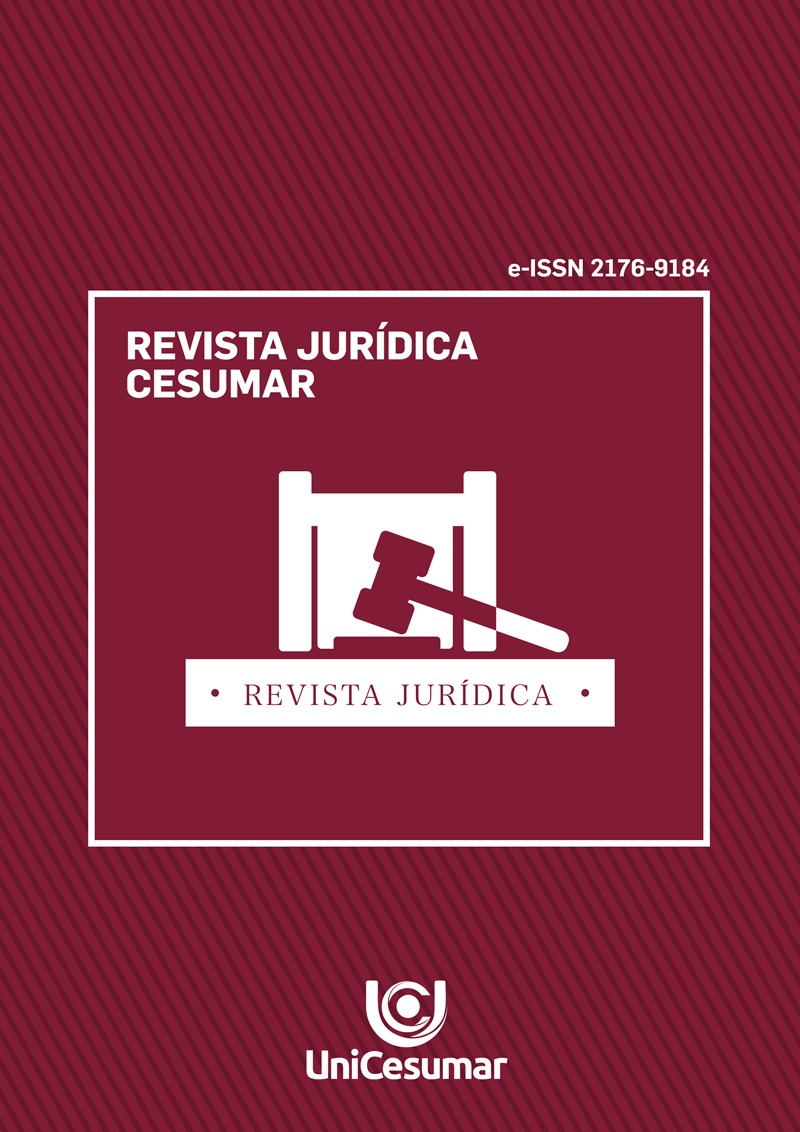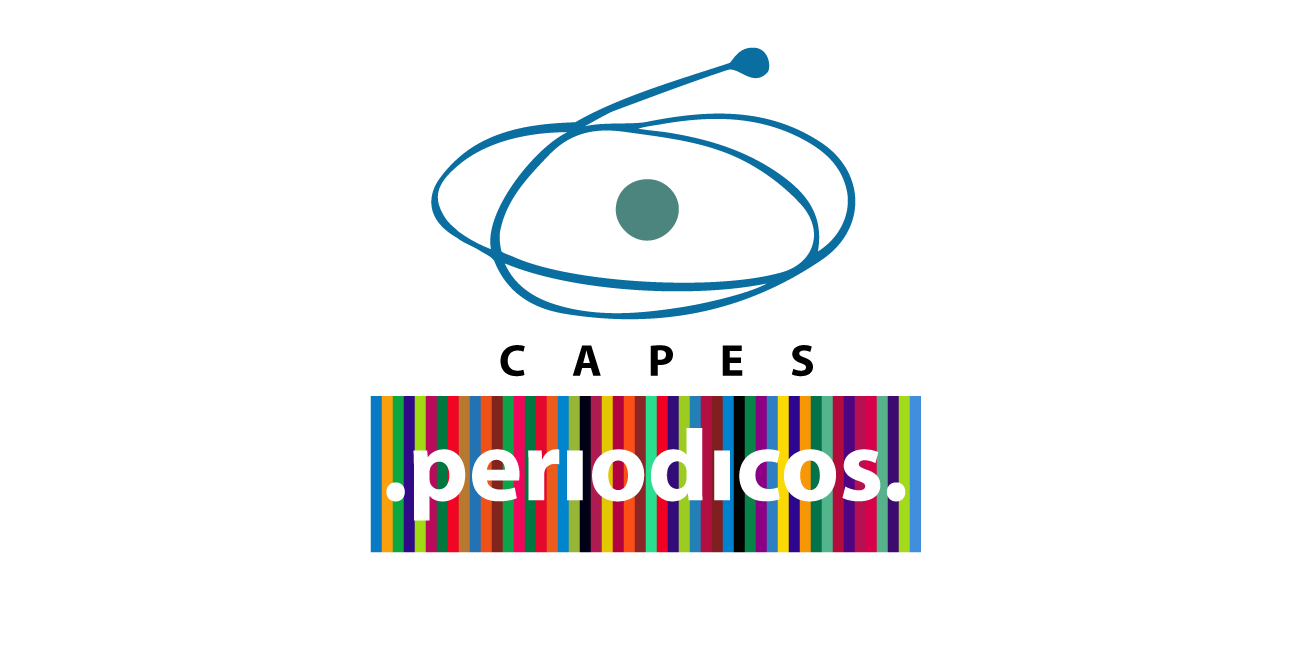O supremo tribunal federal em tempos de pandemia da COVID-19: um olhar sobre os limites da atividade discricionária judicial
DOI:
https://doi.org/10.17765/2176-9184.2024v24n1.e12298Palavras-chave:
Pandemia da Covid-19, Supremo Tribunal Federal, Atividade jurisdicional, pamprinciologismo, Discricionariedade judicialResumo
O tema deste artigo é estudar a discricionariedade judicial do Supremo Tribunal Federal (STF) em tempos de pandemia da Covid-19. O objetivo geral é traçar um norte propedêutico sobre as atribuições judicantes do STF, bem como os limites do uso da discricionariedade judicial pelos julgadores-constitucionais em tempos pandêmicos. O objetivo específico é demonstrar, ao menos superficialmente, que o exercício da discricionariedade judicial, que leva em consideração a aplicação de métodos hermenêuticos-interpretativos, ainda que utilizados sob as alegações da “textura aberta do direito”, do “pamprinciologismo” e da efetivação de garantias individuais constitucionais, encontram limites no texto-normativo. Justifica a redação deste artigo, pois é inerente à atividade jurisdicional o exercício da discricionariedade. No entanto, importante delimitar o seu uso, para que não haja desrespeito ao sistema tripartite de poder, à usurpação de competência, a ilegitimidade das decisões. Será utilizado procedimento bibliográfico e documental, por meio de um método dedutivo e com uma abordagem qualitativa.Referências
ABBOUD, Georges; CARNIO, Henrique Garbellini, OLIVEIRA, Rafael Tomaz de. Introdução ao direito: teoria, filosofia e sociologia do direito. 4 ed. rev., atual. e ampl. São Paulo: Thomson Reuters Brasil, 2019.
BARCELLOS, Ana Paula de. Curso de Direito Constitucional. 3. ed. Rio de Janeiro: Forense, 2020.
BARROSO, Priscila Farfan. BARROSO, Hudson de Souza Nogueira. História da Arte. Porto Alegre: SAGAH, 2018.
BRASIL. [Constituição (1988)]. Constituição da República Federativa do Brasil. Brasília, DF: Presidência da República, [2019] Disponível em: http://www.planalto.gov.br/ccivil_03/Constituicao/Constituicao.htm. Acesso em: 22 jul. 2020.
BRASIL. Supremo Tribunal Federal. Descumprimento de Preceito Fundamental (ADPF) nº 811. Data do julgamento 08 abr. 2021. Disponível em: http://www.stf.jus.br/arquivo/cms/noticiaNoticiaStf/anexo/ADPF811.pdf. Acesso em: 04 de jun. 2021.
CAMPOS, Carlos Alexandre de Azevedo. Dimensões do ativismo judicial do Supremo Tribunal Federal. Rio de Janeiro: Forense, 2014.
COELHO, Inocêncio Mártires. Da hermenêutica filosófica à hermenêutica jurídica: fragmentos. 2. ed. rev. e ampl. São Paulo: Saraiva, 2015.
CUNHA JÚNIOR, Dirley da. Curso de direito constitucional. 10 ed. rev. ampl. e atual. Salvador: JusPODIVM, 2016.
DI PIETRO, Maria Sylvia Zanella. Direito administrativo. 34. ed. Rio de Janeiro: Forense, 2021.
FERNANDES, André Dias. Modulação de efeitos e decisões manipulativas no controle de constitucionalidade brasileiro: possibilidades, limites e parâmetros. Salvador: Ed. JusPODIVM, 2018.
FERREIRA FILHO, Manoel Gonçalves. Curso de Direito Constitucional. 41. ed. Rio de Janeiro: Forense, 2020.
HERVADA, Javier. Lições propedêuticas de filosofia do direito. Tradução Elza Maria Gasparotto; revisão técnica Gilberto Callado de Oliveira. São Paulo: WMF Martins Fontes, 2008.
MAGALHÃES FILHO, Glauco Barreira. A essência do Direito. 1. ed. São Paulo: Rideel, 2003.
MAMEDE, Gladston. FRANCA FILHO, Marcílio Toscano. RODRIGUES JUNIOR, Otavio Luiz. Direito da arte. São Paulo: Atlas, 2015.
MENDES, Gilmar Ferreira. BRANCO, Paulo Gustavo Gonet. Curso de direito constitucional. 14. ed. rev. e atual. São Paulo: Saraiva Educação, 2019.
MONTORO, André Franco, 1916-1999. Introdução à ciência do direito. 32 ed. rev. e atual. São Paulo: Editora Revista dos Tribunais, 2015.
MOREIRA NETO, Diogo de Figueiredo. Curso de direito administrativo: parte introdutória, parte geral e parte especial. 16. ed. rev. e atual. Rio de Janeiro: Forense, 2014.
OLIVEIRA. Emerson Ademir Borges de. Jurisdição Constitucional: entre a guarda da Constituição e o ativismo judicial. Revista Jurídica da Presidência Brasília, v. 20 n. 121 Jun./Set. 2018 p. 468-494. Disponível: https://revistajuridica.presidencia.gov.br/index.php/saj/article/view/1512/1251. Acesso em: 07 mai. 2021.
OLIVEIRA. Emerson Ademir Borges de. STF: Ideias para a transformação em Corte Constitucional. Revista de Direito Público. RDU, Porto Alegre, Volume 14, n. 77, 2017, 193-213 set-out 2017. Disponível: https://portal.idp.emnuvens.com.br/direitopublico/article/view/2767/pdf. Acesso em: 07 mai. 2021.
RAMOS, Elival da Silva. Ativismo judicial: parâmetros dogmáticos. 2. ed. São Paulo: Saraiva, 2015.
SARLET, Ingo Wolfgang. MARINONI, Guilherme. MITIDIERO, Daniel. Curso de direito constitucional. 8. ed. São Paulo: Saraiva Educação, 2019.
SÃO PAULO (Estado). Decreto nº 65.563, de 11 março de 2021. Institui medidas emergenciais, de caráter temporário e excepcional, destinadas ao enfrentamento da pandemia de COVID-19, e dá providências correlatas. Disponível em: https://www.al.sp.gov.br/repositorio/legislacao/decreto/2021/decreto-65563-11.03.2021.html. Acesso em: 04 jun. 2021.
SGARBI, Adrian. Curso de teoria do direito. Rio Janeiro: Lumen Juris, 2020.
SIQUEIRA JUNIOR, Paulo Hamilton. Jurisdição constitucional política. São Paulo: Saraiva, 2017.
SOUZA, Dulce América de. BATISTA, Valdoni Moro Batista. História da arte. Porto Alegre: SAGAH, 2019.
STRECK, Lenio Luiz. 30 anos da CF em 30 julgamentos: uma radiografia do STF. Rio de Janeiro: Forense, 2018.
STRECK, Lenio Luiz. Dicionário de hermenêutica: quarenta temas fundamentais da teoria do direito à luz da crítica hermenêutica do Direito. Belo Horizonte: Letramento, 2017.
STRECK, Lenio Luiz. Jurisdição constitucional. 6. ed. Rio de Janeiro: Forense, 2019.
STRECK, Lenio Luiz. Verdade e consenso. 6. ed. rev. e ampl. São Paulo: Saraiva, 2017.
TAVARES, André Ramos. Curso de direito constitucional. 18. ed. São Paulo: Saraiva Educação, 2020.
VIEIRA, Oscar Vilhena. A batalha dos poderes: Da transição democrática ao mal-estar constitucional. 1ª ed. São Paulo: Companhia das letras, 2018.
Downloads
Publicado
Como Citar
Edição
Seção
Licença
A Revista se reserva o direito de efetuar, nos originais, alterações de ordem normativa, ortográfica e gramatical, com o intuito de manter o padrão culto da língua, respeitando, porém, o estilo dos autores. As opiniões emitidas pelos autores são de sua exclusiva responsabilidade.
Os direitos autorais pertencem exclusivamente aos autores. Os direitos de licenciamento utilizado pelo periódico é a licença Commons Atribuição 4.0 Internacional. São permitidos o compartilhamento (cópia e distribuição do material em qualquer meio ou formato) e adaptação (remixar, transformar, e criar a partir do trabalho, mesmo para fins comerciais), desde que lhe atribuam o devido crédito pela criação original.

















